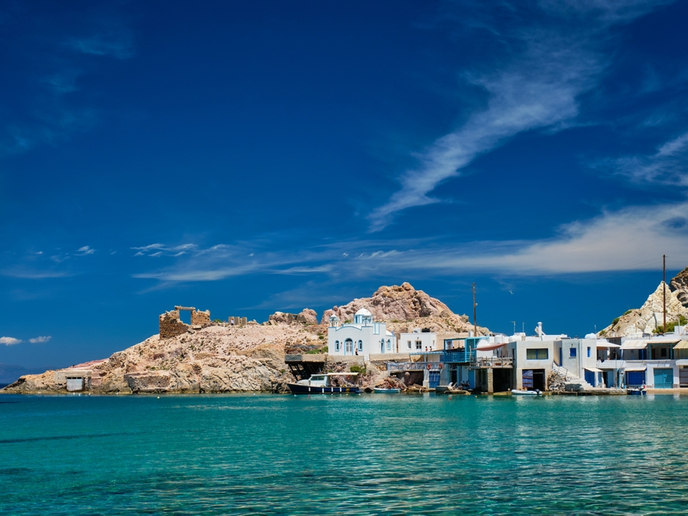Helping islands fight the rising tide of climate change
Island populations are especially vulnerable to climate impacts such as rising sea levels, as is already seen in the Maldives in the Indian Ocean and the Marshall Islands in the Pacific. But this is also a European concern: more than 15 million people live on more than 2 000 islands across the EU. “Climate change presents other problems for islands,” notes SOCLIMPACT(opens in new window) project coordinator Carmelo León, from the University of Las Palmas de Gran Canaria(opens in new window) (ULPGC) in Spain. “Their modest size can make it difficult to move to renewable energy alternatives, and they often do not have the economies of scale for large infrastructure.”
Assessing island vulnerability
The SOCLIMPACT project set out to better understand the environmental and socio-economic challenges that climate change poses for these communities. Four ‘blue economy’ sectors were prioritised – coastal and maritime tourism, aquaculture, energy, and maritime transport – across 12 EU islands. “Island vulnerability is continuously increasing,” says León. “We recognised that more detailed modelling and projection tools were needed, to really take into account specific climate tipping points and high-impact events.” Local working groups were established in each of the partner islands. These groups included public authorities and private sector representatives. Climate change impacts across the four blue economy sectors were identified, and integrated socio-economic assessments of expected climate impacts on island communities developed.
Valuable island resource
These project findings have gone into constructing the Regional Exchange Information System(opens in new window) (REIS) platform. “This is really the project’s legacy,” adds project team member Yen Elizabeth Lam, also from the ULPGC. “All the indicators, statistics and socio-economic modelling specific to islands can be found here.” The platform offers three key services. The first is a virtual meeting room for networking, where island policymakers, business leaders and experts can get together to discuss specific issues. Advice can be sought, along with possible partners for future projects. “The platform also offers an e-library data repository,” says Lam. “Here, stakeholders can find all project documentation. We also provide direct links here to other climate resources, such as the European Climate, Infrastructure and Environment Executive Agency(opens in new window) (CINEA).” Finally, the platform offers tailored adaptation support tools, for both decision makers and economic actors. Users select one of the four key economic areas, and select which island they are interested in. This generates specific information on climate risks, such as sea-level rises, forest fires and habitat destruction. Information on the current situation in terms of mitigation plans and strategies is provided. “The data is different for each island, and for each specific problem,” remarks Lam. “The aim is to inform, and to inspire climate action.” Although still in the testing phase, both León and Lam are confident that the platform will help to connect islands, and foster targeted climate action. Administered from the TiDES Institute(opens in new window) at the ULPGC, the REIS platform is freely open to everyone as a nascent technology centre. “Here in the Canary Islands, we are trying to merge the platform into the regular services provided by the regional government,” explains Lam. The platform is also attracting interest from elsewhere. Crete is using the platform to prepare its climate adaptation strategy, through creating working groups with other regional governments. “Cyprus has also contacted us,” says Lam. “The government is interested in using the platform’s networking function to run a public consultation on a climate adaption strategy for tourism.” In the meantime, the platform will continue to be strengthened and improved. “We are currently running a survey of rural tourism firms in the Canary Islands, to find out how useful this resource is, and what actions they feel they can implement,” notes Lam. “This will help us to understand how the platform can be useful at multiple levels.”







